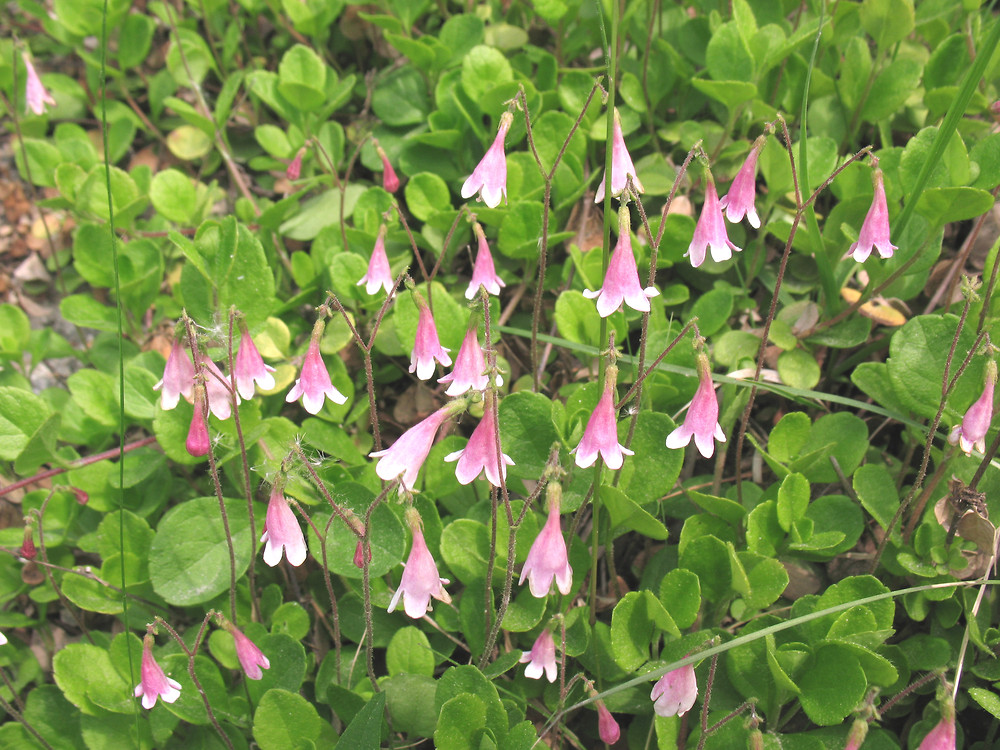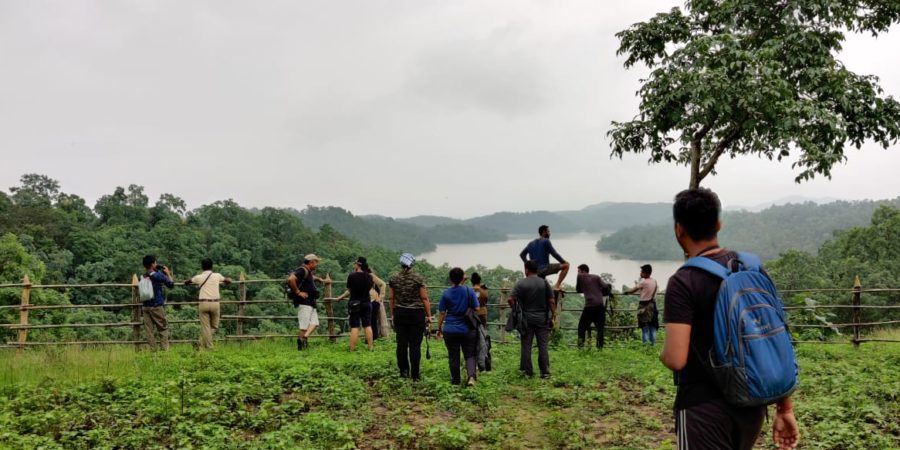The article “Naturalist and Wildlife Knowledge” provides valuable information for those who find themselves in survival situations. It discusses the importance of understanding and being able to identify local flora and fauna, as well as understanding animal behavior and ecology.
In a survival situation, knowledge of the natural world can be just as valuable as any survival skill. Being able to identify local flora and fauna, understand their behavior, and know how to utilize them can make a significant difference in a crisis. This article will discuss the importance of naturalist and wildlife knowledge in survival situations and provide valuable tips and insights for anyone seeking to improve their skills.
Identifying local flora

Identifying local flora can be critical in a survival situation. Knowing which plants are edible, which ones have medicinal properties, and which ones are poisonous can make all the difference in terms of health and well-being. In addition, knowing how to properly identify plants can also be useful for starting fires or building shelters.
Identifying local fauna
Similarly, being able to identify local fauna can be important for survival. Knowing which animals are safe to approach and which ones should be avoided can help prevent unnecessary injuries or illnesses. Understanding animal behavior and ecology can also be useful for hunting or fishing, as well as knowing how to avoid dangerous encounters.
Understanding animal behavior
Understanding animal behavior is a crucial part of naturalist and wildlife knowledge. Animals have specific patterns of behavior that can be observed and utilized for survival. For example, knowing the migratory patterns of certain animals can be useful for tracking and hunting. Understanding the mating habits of animals can also be useful for survival, as some animals may be more aggressive or territorial during certain times of the year.
Ecology
Ecology is another critical aspect of naturalist and wildlife knowledge. Understanding the interrelationships between plants and animals in a given ecosystem can be useful for identifying potential sources of food or shelter.
For example, knowing which plants attract which animals can be useful for setting up traps or identifying areas for hunting. Understanding the natural cycles of an ecosystem can also be useful for long-term survival, as it can help identify potential sources of food or water during different times of the year.
Habitat
Understanding animal habitats are also important for survival. Different animals have specific habitat requirements, and knowing these requirements can be useful for hunting or avoiding dangerous encounters. For example, knowing which animals prefer certain types of vegetation or terrain can be useful for identifying areas for hunting or avoiding potential predators.
Hunting and fishing
Hunting and fishing are important skills for survival, and naturalist and wildlife knowledge can be useful for improving these skills. Knowing which animals are present in a given area, how to track them, and what their habits are can be useful for successful hunting. Similarly, knowing which fish are present in a body of water, what their feeding habits are, and what type of bait to use can be useful for successful fishing.
Trapping and foraging
Trapping and foraging are also important skills for survival. Naturalist and wildlife knowledge can be useful for identifying potential sources of food and setting up traps. For example, knowing which plants attract certain animals can be useful for setting up traps, and understanding the feeding habits of animals can be useful for identifying potential sources of food.
Shelter
Naturalist and wildlife knowledge can also be useful for building shelters. Understanding which plants can be used for building materials or which animals may provide useful materials can be useful for building a shelter in a survival situation.
Signaling for help
Signaling for help is a critical part of survival, and naturalist and wildlife knowledge can be useful for signaling. For example, knowing which plants produce smoke or which animals are likely to be seen from a distance can be useful for signaling for help.
Ethics and environmental impact
It’s important to note that naturalist and wildlife knowledge comes with certain ethical considerations. In a survival situation, it can be tempting to take whatever resources are available without considering the impact on the environment or the animals themselves. It’s important to always prioritize conservation and ethical treatment of wildlife, even in survival situations.
Further education and resources

Improving naturalist and wildlife knowledge requires ongoing education and practice. There are many resources available for learning about local flora and fauna, including field guides, online resources, and local naturalist groups. Taking courses in botany, ecology, or wildlife biology can also be useful for improving naturalist and wildlife knowledge.
Conclusion
Naturalist and wildlife knowledge can be a critical part of surviving in the wilderness. Understanding local flora and fauna, animal behavior, ecology, and habitats can be useful for identifying potential sources of food, building shelter, and signaling for help.
It’s important to prioritize the ethical treatment of wildlife and conservation in all survival situations. By continuing to improve naturalist and wildlife knowledge through education and practice, individuals can increase their chances of survival in any situation.




